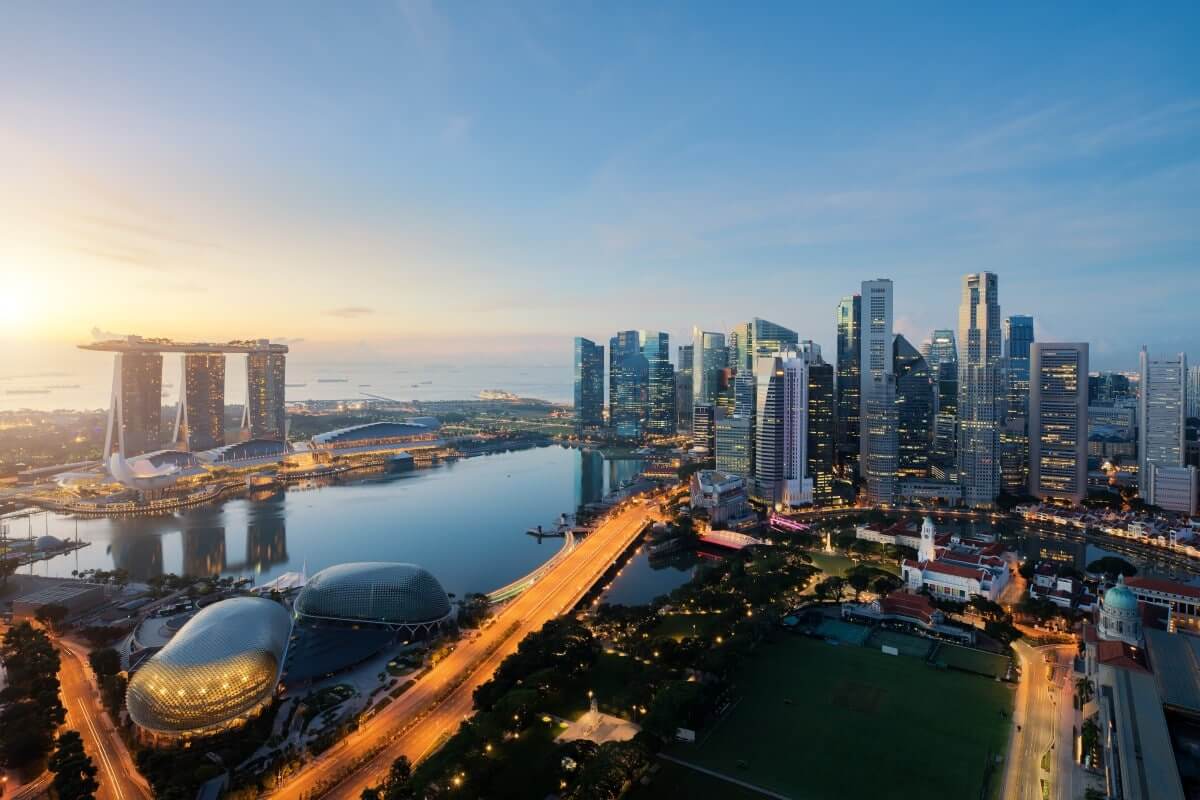
Singapore Sets 15% Global Tax, Eyes Surplus in 2024
- Singapore adopts a 15% global minimum corporate tax, aligning with OECD guidelines.
- Additional S$1.9 billion support for households to mitigate inflationary pressures.
- Fiscal year 2024 projects a small surplus, emphasizing a balanced fiscal approach.
Singapore’s Finance Minister, Lawrence Wong, has unveiled a strategic overhaul of the nation’s tax system by implementing a 15% global minimum corporate tax rate, a move orchestrated by the Organisation for Economic Cooperation and Development (OECD). This pivotal adjustment underscores Singapore’s commitment to international tax standards and its ambition to foster a fair and sustainable global tax environment. Amid this significant shift, the government has not lost sight of its domestic responsibilities, particularly in supporting its citizens and businesses through inflationary challenges and pursuing economic growth and job creation.
$1.9B Boost for Households Amid Inflation
Recognizing the pressures of living in one of the world’s most expensive cities, Wong announced an infusion of S$1.9 billion ($1.41 billion) in additional support for households. This is complemented by a S$1.3 billion aid package for businesses, including a substantial corporate income tax rebate. The initiatives reflect a nuanced approach to maintaining economic vitality and social stability, balancing the need for fiscal prudence with targeted support. Furthermore, the government’s commitment to innovation and sustainability is evident in allocating S$3 billion to an R&D fund.
Vision 2030: 2-3% Growth with a Focus on Sustainability
At the heart of Singapore’s fiscal strategy is a forward-looking growth model that emphasizes productivity, innovation, and a green economy. Consequently, Wong projects a growth target of 2-3% annually over the next decade. This ambition sets a clear direction for the nation’s economic trajectory. Furthermore, the vision is supported by strategic investments in high-value economic activities. Additionally, there is a robust plan for healthcare expansion to cater to an ageing population. As a result, government spending is projected to increase to 20% of GDP by 2030. Ultimately, Singapore is laying the groundwork for a resilient and inclusive future.




